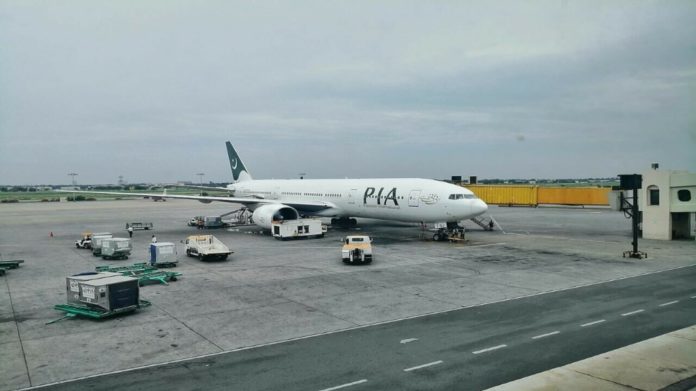The Pakistani government, in collaboration with commercial banks, has agreed on a Rs268 billion debt restructuring plan for Pakistan International Airlines (PIA). While this move aims to facilitate the airline’s privatization, it significantly shifts the financial burden onto taxpayers. The Ministry of Finance, reversing its earlier stance, now commits to making principal and interest payments from the national budget.
Terms of the Agreement
Under the agreement, the government plans to utilize PIA sale proceeds for principal payments, resorting to the national budget if the funds fall short. In return, banks accept a 10-year debt rollover with a hefty 12% annual interest rate. Leading to Rs32.2 billion in annual interest payments. This means banks stand to receive Rs322 billion in interest payments over the next decade, surpassing their outstanding stocks of Rs268 billion. The grand total at a 12% interest rate is projected to reach Rs572 billion in 10 years.

IMF and Board of Directors to Weigh In
To implement this significant financial shift, the Ministry of Finance is set to seek the endorsement of the International Monetary Fund (IMF). Given the implications on the national budget. Concurrently, banks will present the plan to their respective board of directors for approval. The sudden change in the ministry’s stance leaves many wondering about the circumstances that prompted this shift.
While this debt restructuring alleviates the financial strain on PIA and streamlines its privatization process. Concerns linger about potential delays. The finance ministry’s decision to stop interest payments on PIA debt in March 2023 prompted a search for privatization options. The agreed-upon restructuring, with the finance ministry taking ownership of the debt. Addresses a major hurdle for the airline, removing a substantial monthly charge from its balance sheet.
Privatization Challenges Remain
Despite reaching an agreement on this critical issue, PIA is still far from privatization. With a total outstanding debt of Rs825 billion, the airline, along with the Privatization Ministry, needs no objection certificates from the Civil Aviation Authority and Federal Board of Revenue to proceed with filing a scheme of arrangement with the Securities and Exchange Commission of Pakistan (SECP).

While the government acceded to some demands, rejecting others put forth by the banks, the path to PIA’s privatization remains complicated. The banks’ requests for considering PIA debt as eligible for Capital Requirement Regulations (CRR) and deferring tax payments on their earnings were turned down. The uncertainty surrounding the privatization process persists, making it a challenging journey for all stakeholders involved.
Stay tuned to Brandsynario for more











































